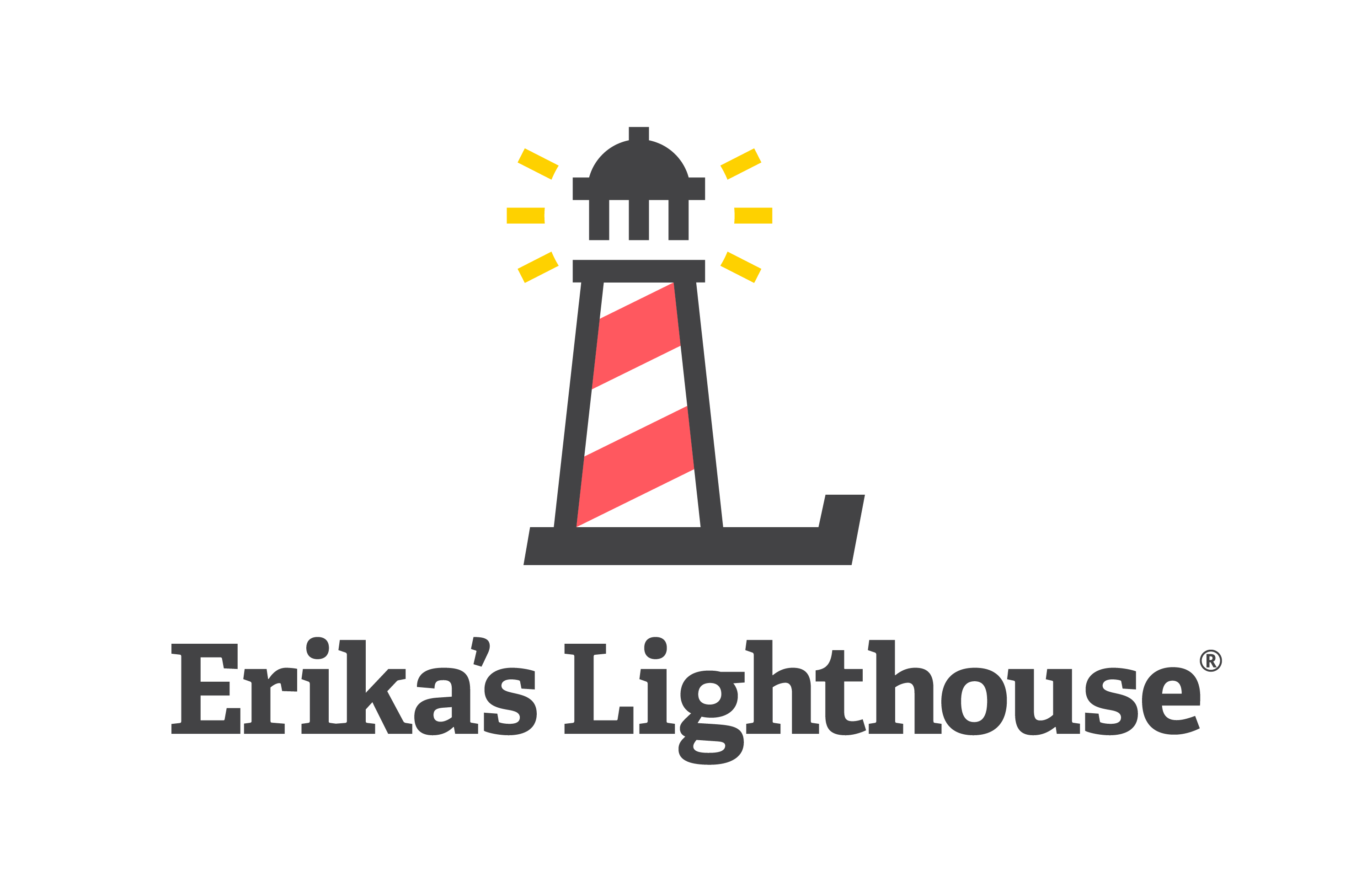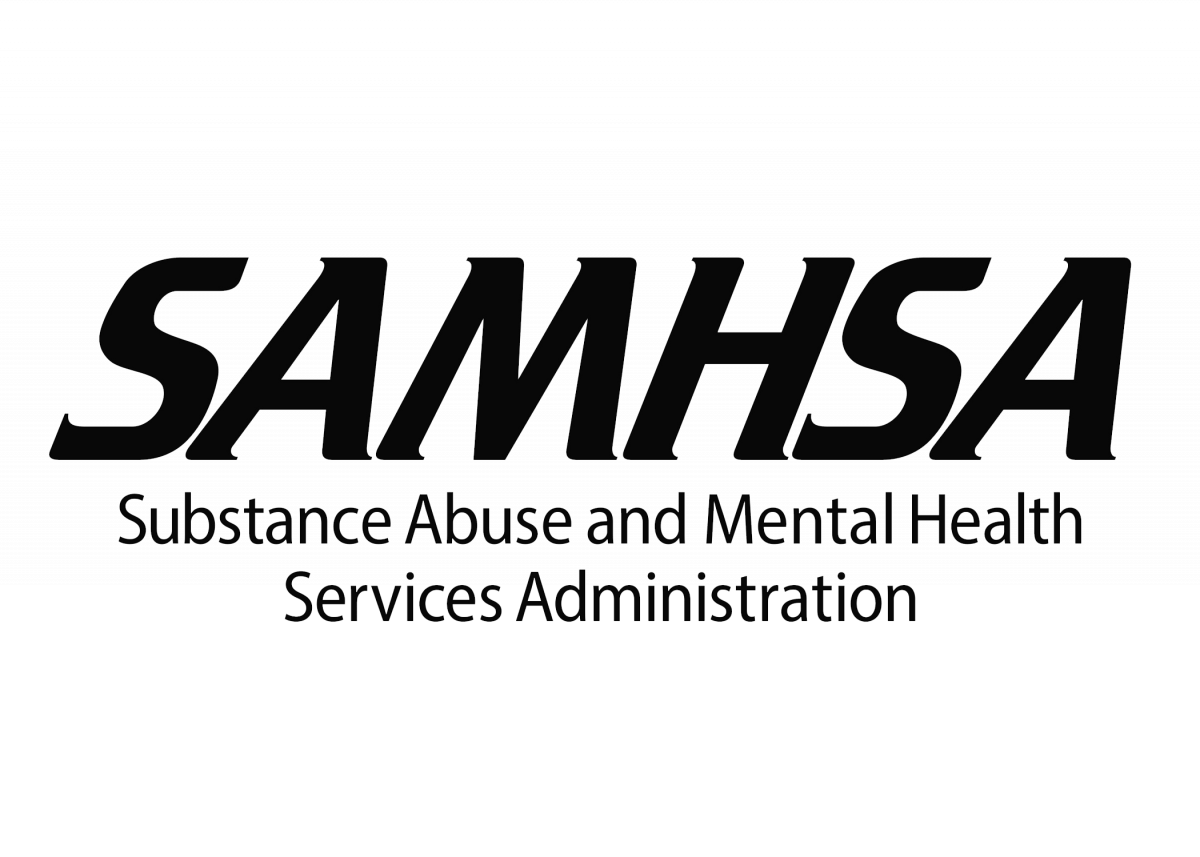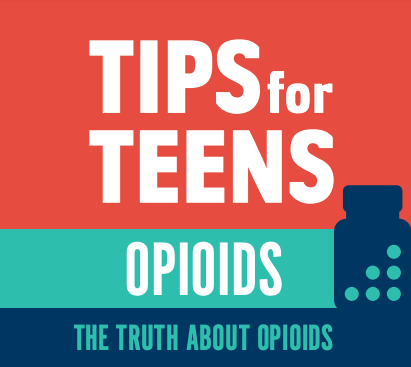If you are battling with mental health issues, drug abuse, or suicidal thoughts…YOU ARE NOT ALONE! Below is a list of reputable resources that can help you take back control of your mental health.
Erika’s Lighthouse
 Erika’s Lighthouse is a nonprofit organization that promotes good mental health among adolescents through education and awareness. Their primary goal is to eradicate the stigma associated with mental health issues. Erika’s Lighthouse offers classroom education programs for grades 4-12, empowerment clubs, and family engagement programs.
Erika’s Lighthouse is a nonprofit organization that promotes good mental health among adolescents through education and awareness. Their primary goal is to eradicate the stigma associated with mental health issues. Erika’s Lighthouse offers classroom education programs for grades 4-12, empowerment clubs, and family engagement programs.
SAMHSA
 The Substance Abuse and Mental Health Services Administration (SAMHSA) is a powerful resource for educators. It outlines what educators need to know about students’ mental health and substance abuse concerns. Oftentimes, educators are the first to notice mental health problems in children and young adults. Access to the proper tools is essential when helping students achieve academic and personal success.
The Substance Abuse and Mental Health Services Administration (SAMHSA) is a powerful resource for educators. It outlines what educators need to know about students’ mental health and substance abuse concerns. Oftentimes, educators are the first to notice mental health problems in children and young adults. Access to the proper tools is essential when helping students achieve academic and personal success.
For 24/7 free confidential information and treatment referrals, call SAMHSA’s National Helpline at 1-800-662-HELP (1-800-662-4357) or visit the SAMHSA’s Behavioral Health Treatment Services Locator.
NIDA – National Institute on Drug Abuse
 The National Institute on Drug Abuse (NIDA) supports research on drug use and addiction to improve individual and public health. They are an abundant resource for facts and research, covering a wide range of topics relating to drug use and addiction. Today, during the height of the opioid epidemic, teenagers experience mental health difficulties. Knowing the effects of opioids, what they are, and addiction treatment options can positively impact one’s life.
The National Institute on Drug Abuse (NIDA) supports research on drug use and addiction to improve individual and public health. They are an abundant resource for facts and research, covering a wide range of topics relating to drug use and addiction. Today, during the height of the opioid epidemic, teenagers experience mental health difficulties. Knowing the effects of opioids, what they are, and addiction treatment options can positively impact one’s life.
For more information on opioids and their effect on the brain and body, visit teens.drugabuse.gov.
Harvard Division of Continuing Education
 NYU released an article examining the top causes of stress in high school students, finding ‘grades, homework, and preparing for college to be the greatest source stress.’ As students navigate these challenging endeavors, educators must have the proper tools to offer guidance and assistance. Harvard University published a blog that outlines how to identify the signs of high stress and the best practices to manage it.
NYU released an article examining the top causes of stress in high school students, finding ‘grades, homework, and preparing for college to be the greatest source stress.’ As students navigate these challenging endeavors, educators must have the proper tools to offer guidance and assistance. Harvard University published a blog that outlines how to identify the signs of high stress and the best practices to manage it.



